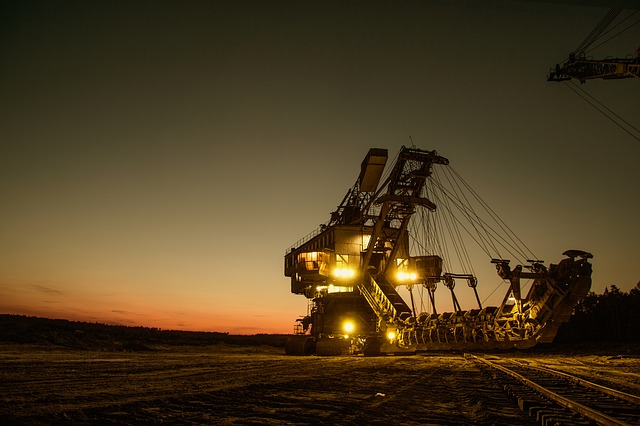
3 Construction Tech Trends To Watch In 2019 and Beyond
Indeed, it has been an exciting year, and there has been a lot of changes in the construction industry. Technology helps it to continually evolve and face the challenges it often has to deal with to stay competitive. That said, here are the 3 construction tech trends to watch in 2019 and beyond.
1. Robotics
If we’ll take a look at the older construction generation, robotics is probably one of the touchiest subjects there is, but for the past few years, it’s gaining more and more popularity. However, construction workers feel threatened. They are worried that these robots will take their jobs.
What they fail to realize is that, if they’ll only try to put it in perspective, these robots aren’t really stealing, or going to steal their livelihood at all. These robots still need humans to control them, that means human workers won’t really lose their job– as long as they are willing to learn these new technologies.
What made these workers worry is the 2018 study that claimed robots will soon replace millions of construction workers. Of course, this is definitely alarming, however, if you’ll try to examine in context to how it was determined, you’ll come to a realization that it’s something that you shouldn’t be concerned about.
Basically, this study depended on employment numbers taken from various construction trades then they applied a 6.5 growth rate per date, which they used to project the employment numbers.
As of the moment, robots are used to perform a variety of repetitive tasks ranging from repair going to bricklaying, and it’s something they are very good at as they are capable of working non-stop without the need to take a break or sleep. In the year 2019, we can expect more robots to be developed, and being involved in the construction world is something that we can really look forward to. They are perfect for performing repetitive tasks, making them very productive.
2. Wearables
In the construction industry, wearable technology is getting very popular as it promotes worker safety. For the past couple of years, we have seen smart boots with sensors, protective eyewear, safety vests, and even an intelligent construction cone. In 2019, there’s definitely a lot more for us to expect regarding wearable technology.
Health Monitoring Methods
Data coming from wearable gadgets, such as fitness trackers, can be beneficial, especially construction workers make improved lifestyle choices. Through this, it would also notify and alert the authorities if there’s something unusual in their body such as sudden changes in temperature, heart rate, and so on.
This holds true, especially with smart hats, that are specifically made to assess and monitor everything, ranging from the worker’s whereabouts, going down to habits for accomplishing specific tasks.
Body temperature, heart rate, perspiration levels, geophysical location, and even EEG brain waves, are just some of the few that can be incorporated.
According to researchers, in the construction industry, it’s essential for workers to wear something that would continuously alert them regarding what’s happening within their surroundings.
For example, if a vehicle is coming rapidly, or too closely, this would give workers ample time to move away from the car, and save themselves from fatality. There are also other smart vests that come with built-in systems that would keep the workers cool down during hot weather, or keep them warm when the temperature is too cold.
3. Drones
Drones. They are getting very popular lately because of how useful they are. Back in the days, site surveys call for human involvement, and this would definitely ensure overall efficiency, safety, and security.
Though, aside from site surveying, drones can also be helpful with planning. Usually, in the construction industry, planning calls for lots of legwork, and stamina. Unfortunately, humans are prone to errors, that’s why aside from the fact that it can be a time-consuming process, it could also be inaccurate. With drones, it gives the assurance that project managers would be able to acquire accurate data efficiently.
That’s one of the few reasons that more and more construction managers are starting to familiarize themselves with this technological innovation. That even though it may seem pretty overwhelming at first, no doubt it can be beneficial in the long run.
